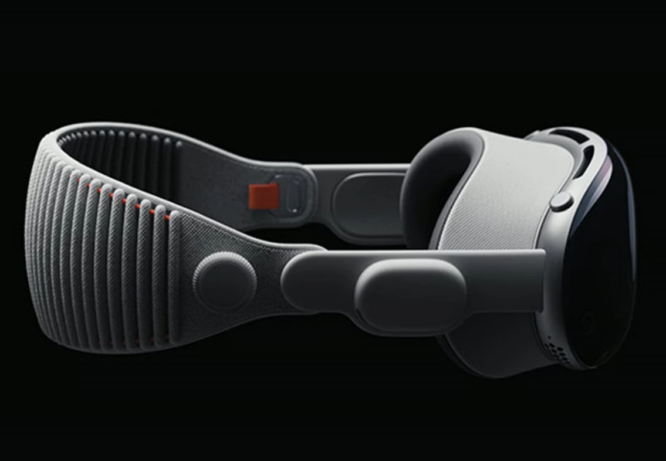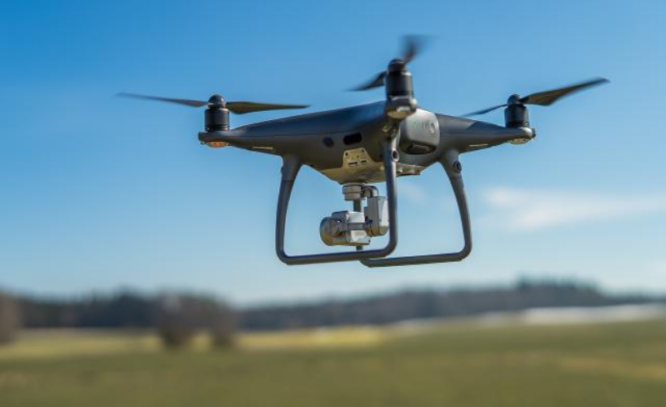Obviously, technological advancements impact military conflicts as well as all other facets of our existence. Science and technology provide nations with new innovations that have historically been utilized in the combat industry.
As these technologies are utilized on the battlefield, training accelerates their development and improvement; this is how many of the technologies we use today originated.
The scale of the warfare technology available in the modern era is unfathomable. New technologies in the fields of communications and engineering, such as the Internet, artificial intelligence, and autonomous vehicles such as drones, play a significant role in how each actor in a conflict can utilize their resources.

Their goal is to advance their military strategy.
The greatest distinction, however, is occupied by technologies that can be used in the field, such as drones, in current conflicts such as the Russia-Ukraine war.
This is not only an ethical issue, but it also generates a great deal of controversy and debate. Not in their application, but in how to design a strategy for combat.
They can employ the Achaeans’ strategy against the Trojans due to the manner in which the use of drones primarily upsets the military balance by providing much cheaper access to tactical aircraft and precision weaponry on a limited military capability or budget.
The purpose of war is to surprise the adversary and to counteract the military superiority and standing army of certain nations.
As conflicts such as the Russia-Ukraine war continue, concerns regarding the use of autonomous technologies will intensify, creating an urgent need to regulate warfare utilizing new technologies to prevent escalation of conflicts and significant collateral damage to human life.




